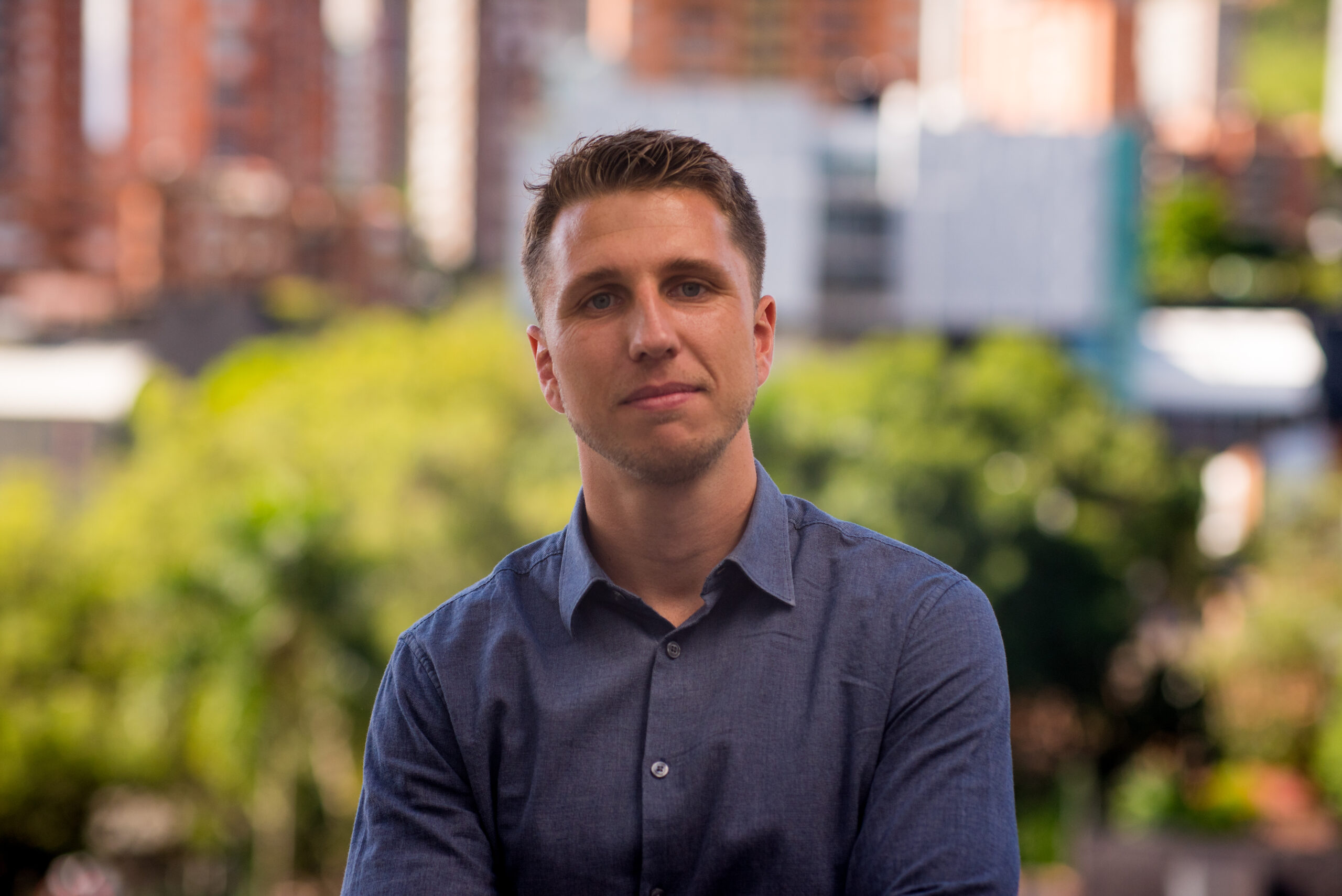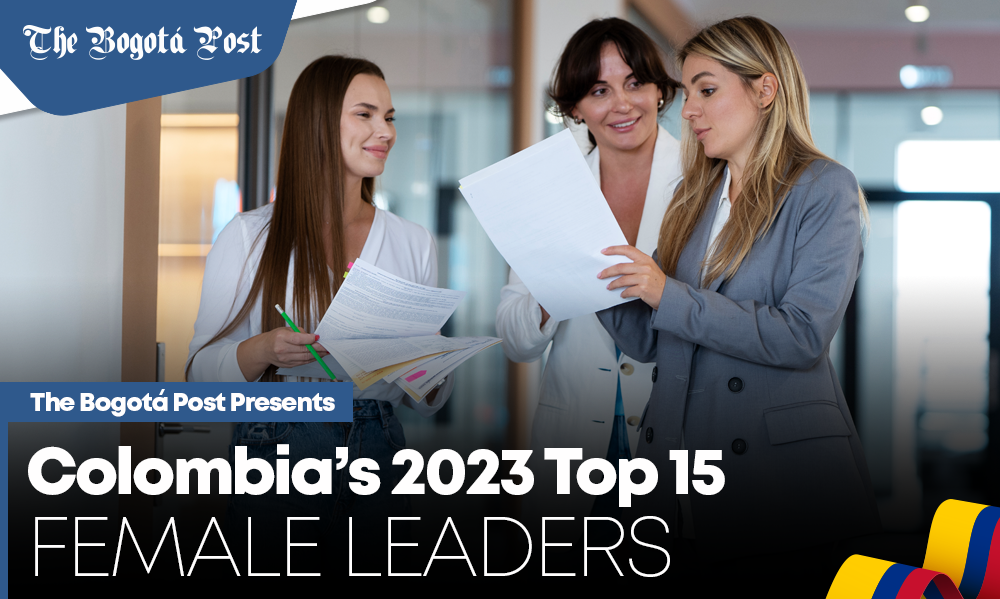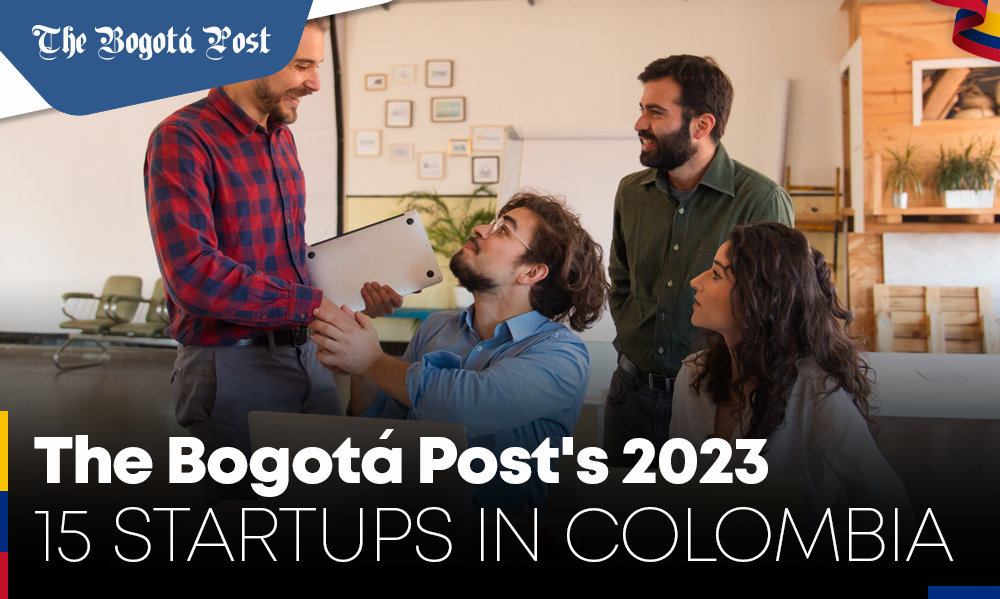Imran Aftab is the CEO of 10Pearls, a global software engineering and digital transformation enterprise. 10Pearls is headquartered in Washington DC. with eight regional offices across the US, Latin America, the UK, and Pakistan and 1,400-plus employees worldwide.
The company prides itself on its ability to help businesses not just with product development and innovation but also the strategy for verticals such as healthcare, financial services, energy, education, and telecommunications. 10Pearls recently acquired Oiga Technologies, a Medellin-based company that specializes in AI and blockchain software services.
We had the chance to speak with Imran Aftab to lift the lid on what first inspired him to found 10Pearls, the nuances of collaborating with companies in Colombia and his unique take on how tech experts and business leaders can adapt to survive in the post-COVID world.
This interview has been edited for brevity and clarity.
Tell us about 10Pearls, what inspired you to start the company?
I grew up in Pakistan until I was 19. I am a Muslim who attended a Jesuit school in Pakistan. The bishop at my school, St Patrick’s, saw me as a needy kid, and that changed my life. On the scholarship he offered me, I was fortunate enough to study chemical physics in the US. Eager to solve problems in the real world, I went through corporate America, from investment banking with JP Morgan, MicroStrategy as a product manager, and then AOL, where I was in charge of a $200 million annual budget across 11 countries. I recognized that I was like a freak — it felt like it was an accident for me to be there, the stats didn’t line up.
I saw AOL outsourcing and creating great jobs. It reminded me of the generosity that the bishop extended to me all those years ago. I realized the formula to change the future is helping children. They don’t choose their cards.
And to help them, I needed to invest in the ecosystems around them — make women and men equally financially free. Fast-forward to today, 10Pearls invests heavily in its employees and local communities. We’ve created 10Pearls University, a Center for Continuous and Advanced Learning catered to our employees’ diverse backgrounds, and Empower Foundation, which focuses on building a better world for women, children, and people with disabilities.
There are a lot of scars to talk about, but having that passion and purpose to support others in the same way that I was supported as a child helped me to persevere through risks and troughs.
Why did you acquire Oiga Technologies in Colombia?
I was initially introduced to Colombia through ProColombia based on our outsourcing work in Pakistan. Twenty years ago, large companies were outsourcing to India, but not Pakistan, even though both countries had the same ingredients. Thanks to the queen, we’re a British colony. We speak English. We have tech workers. However, political perceptions were keeping the large companies away.
When ProColombia invited me over, they highlighted the same problems in Colombia. People associate the country with drugs and the mafia but when I visited, I connected with great, talented, hardworking people. However, the world sees them through a different lens.
During our visit, I had an opportunity to meet with Oiga, a Colombian company that focused on artificial intelligence and machine learning. AI and ML are big focus areas for us. So, we decided to double down on our existing skillset. And the people are fantastic.
When we acquire companies, we look closely at the founder’s energy. Companies have a soul, believe it or not, and we recognized this in Oiga. Because they had the expertise, they had the right leadership and culture. They believe, like us, in the double bottom line — that it’s important to do good while doing well. So those values were there.
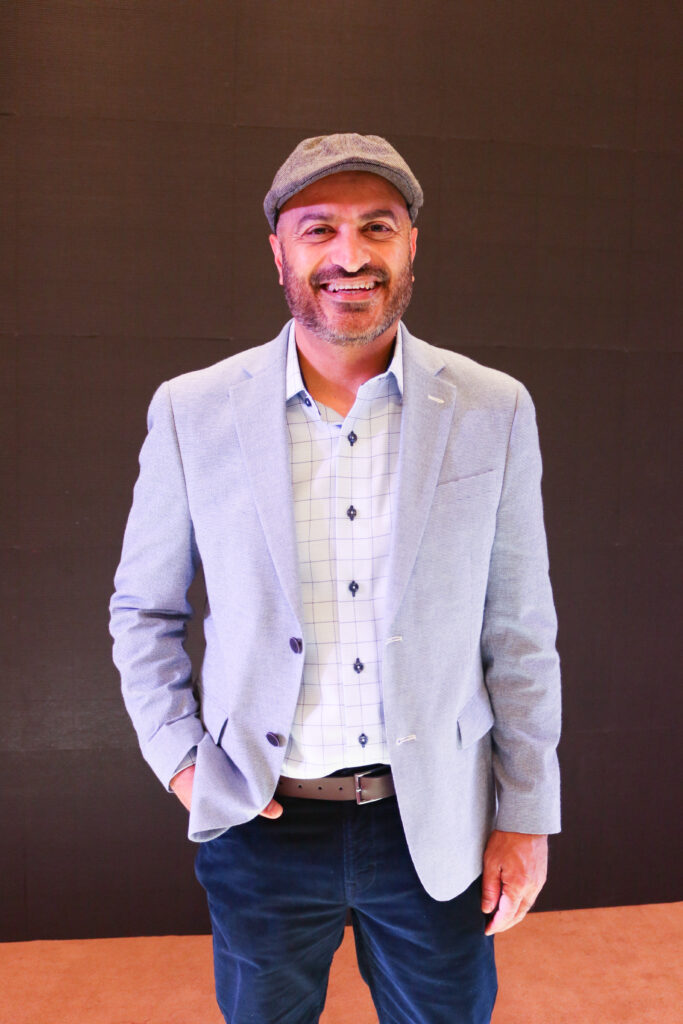
You made three global acquisitions in 2023, do you have plans for other acquisitions this year?
Strategically, we have the right pieces of the puzzle. We have acquired companies across Colombia, Peru, and Costa Rica with expertise in business verticals and on the strategy consulting side in healthcare and financial services. Then we have our businesses in energy and telecommunications. And now we are going to invest in these companies to grow further.
So we want to invest in Colombia. We want to invest in Costa Rica and Peru. Of course, if we see an opportunity where we can do a bolt-on acquisition in Colombia, we’d be open to that — making the Colombia footprint bigger. But we would first evaluate if we could make more of an impact by opening up an office in another part of Latin America versus doubling down on new acquisitions.
Do you have plans for hiring people in Colombia?
Absolutely. We provide a very compelling proposition to businesses. The US is looking for partners they can depend on. It’s easy to find people who can connect the dots. Very few people can help you imagine the dots.
And that’s why we bring the management consulting piece. So businesses can lean on us. In a good way, people call us a mini Accenture — the end-to-end experience — because we do the strategy piece, the consulting, the user experience and marketing, the software development, DevOps, and everything else in between.
We are in the Goldilocks zone — Goldilocks wanted her porridge to be not too hot and not too cold. Flip that to business terms, and we have the enterprise-grade robustness of a large business but we are still agile and nimble.
As businesses reimagine their processes and inject AI and ML to increase efficiency or build products to attract new demographics, they need somebody to work with. And we will grow and hire to meet that need.
A mentor here in Colombia, Professor Jose Betancur, has a great concept of the minimal viable employee, (MVE) versus the minimum viable product (MVP). We aspire to create MVEs and be the Khan Academy for high-tech courses and knowledge. And we’re translating 10Pearls University courses into Spanish as part of that.
Why do you believe in the tech ecosystem here?
Tech employees’ ability to garner income can grow exponentially. It helps ecosystems around the world. So, I 100% want to work with universities in Colombia to co-train and participate in these things.
And it’s not just about what I think. Look at the Wall Street Journal. They named Medellín as the most innovative city in Latin America. KPMG ranked Colombia as the fourth most innovative ecosystem. The population is great.
You see investments from large North American companies, Asian companies, and European companies. And the demographics — there are many young people interested in tech and making the world a better place.
What advice would you give to people who want to join 10Pearls?
I would say that if people are just looking for a job, that’s not the best motivation. If you’re looking to learn and challenge yourself and make something out of your career, that’s the place to be. And it requires you to roll up your sleeves and be all in. The biggest hurdle to the future is not tech or AI; it’s the mindset.
If you look at how many unicorns have lost valuation in recent years, you can see that the success formula is not raising big money and spending it tomorrow. You can build very sustainable growth by focusing on being conservative with your cash, running a responsible business, and finding the true value proposition that will get you there. In summary: Shortcuts are not good for business.
With VC money going away, it’s an opportunity for people to re-evaluate and see what they believe in. I believe the next set of entrepreneurs coming up the ranks and the next set of unicorns being built will be more sustainable. When you can inject a purpose besides wealth into your career and see how that can be used positively for business, you will find success.
Have you found working with companies in Colombia to be different than other countries?
Every country has its nuances and cultural differences. And you have to respect them because that’s what makes a location innovative or productive. We are constantly learning from Colombia and sharing best practices. That’s the way to grow.
But we must also understand the world has changed drastically. The expectations of businesses during COVID-19, especially for tech employees, were different. A KPMG survey shows that 65% of decision-makers want more for less. They have a very short tolerance level for lack of productivity.
Back in COVID-19, people had discretionary spending, limited to remote working, and now it’s a choice of working remotely versus the hybrid environment. That’s something that still needs to whittle itself out down the road. The same goes for high interest rates. There’s going to be a lack of liquidity causing some squeeze, which has to be brought into play but that’s happening across the globe.
Where do you see the tech industry going?
I used to say that every industry will be disrupted — except those disrupting the world.
But now, even the disruptors have to disrupt themselves. For example, Co-Pilot has come in and made GitHub more efficient. Even creative technologists will have to reinvent themselves.
You cannot just be a specialist in one thing. You have to understand what full stack development is, what the product mindset involves, and really get into your customers’ shoes. That’s the important piece. Suppose you are lacking in hard skills; absolutely you need to build that. But once you have the hard skills, you plateau out if you don’t have the soft skills.
So that’s the challenge for technologists who have prospered and excelled on the tech level but failed on the communication side. Nobody wants a toxic genius. You need the ability to work with a group of people, show empathy, teach, give and take.
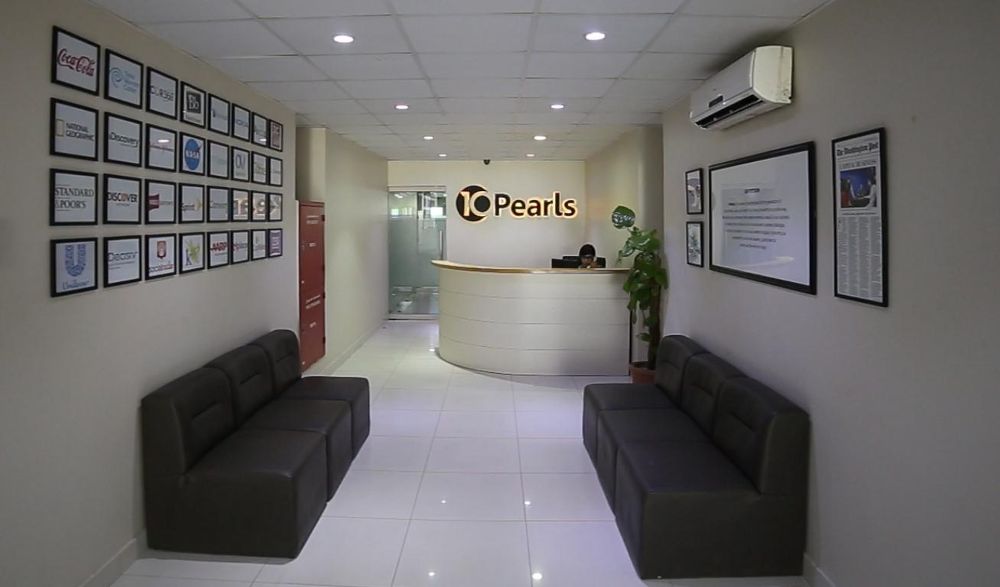
Featured photo of CEO Imran Aftab

